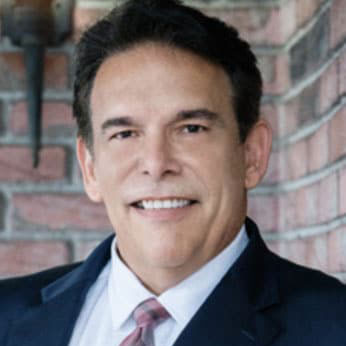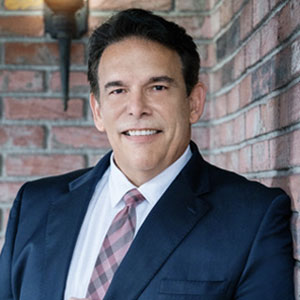
The United States Supreme Court ruled that Florida’s Medicaid program can seek reimbursement from personal injury settlements allocated for the future care of accident victims.
Let’s take a look at the case behind the Supreme Court ruling, as well as what the ruling means for Floridians.
What happened to Gianinna Gallardo?
In 2008, 13-year-old Gianinna Gallardo, a resident of Lee County, Florida, was struck by a pickup truck when she stepped off of a Lee County school bus.
Gianinna suffered catastrophic injuries and remains in a persistent vegetative state.
Florida’s Medicaid program paid $862,688 to cover Gianinna’s initial medical expenses.
What is Medicaid?
Medicaid is a government health insurance program available to people with a limited income. Medicaid sends payment directly to your health care providers. More than 80.9 million people are covered by Medicaid across the U.S.
To receive Medicaid in Florida, you must be a resident of Florida. You must also be one of the following:
- Pregnant,
- Responsible for a child 18 years of age or younger,
- Have a disability or a family member in your household with a disability, or
- Be 65 years of age or older
You can find out whether you might be eligible for Florida Medicaid benefits here and you can apply for coverage here.
Gianinna’s parents filed a personal injury lawsuit against the owner of the truck and the Lee County School Board. The lawsuit resulted in a settlement in which Giannina received $800,000, including $35,367 for past medical expenses.
Under the “collateral source rule,” a personal injury victim can recover money for medical expenses even if those medical expenses were paid by another source (such as a health insurer). The other source can then exercise its “right of subrogation” to seek reimbursement from the victim.
Florida’s Medicaid program claimed it was entitled to recoup not just the $35,367 awarded for Giannina’s past medical care but an additional $264,633 earmarked for Gianinna’s future medical care.
Although all parties agreed that the state had the right to recoup a portion of Gianinna’s past medical expenses, Gianinna’s attorney argued that the state did not have the right to seek reimbursement from settlement amounts allocated for Gianinna’s future medical expenses.
The subrogation question went all the way to the U.S. Supreme Court.
Gianinna Gallardo v. Secretary of the Florida Agency for Health Care Administration
The U.S. Supreme Court ruled on June 6, 2022, that Florida’s Medicaid program can seek reimbursement from settlement amounts representing payment for future medical care.
Justice Thomas wrote the opinion, which was joined by Chief Justice John Roberts and Justices Samuel Alito, Elena Kagan, Neil Gorsuch, Brett Kavanaugh, and Amy Coney Barrett.
The opinion explained that the plain text of the law (42 USC § 1396K(a)(1)(A)), which broadly assigned to the state all of the beneficiary’s rights to payment for medical care from any third party, covers the rights to past medical expenses and future medical expenses. In other words, the relevant distinction is not between past and future expenses, but rather between medical and nonmedical expenses.
Justice Sonia Sotomayor, in a dissent (the opinion disagreeing with the majority opinion) joined by Justice Stephen Breyer, argued that the decision is “inconsistent with the structure of the Medicaid program and will cause needless unfairness and disruption.” To put it simply, Medicaid “is not a loan,” wrote Justice Sotomayor.
One of the interesting things about this case is that Florida might recoup money for future medical care that it won’t actually pay for. For example, Gianinna’s financial situation could change and she might not qualify for Medicaid in the future.
What the Florida Medicaid ruling means for Floridians
Florida’s anti-lien provision protects personal injury settlements from state reimbursement efforts absent some statutory exception. The U.S. Supreme Court essentially ruled that 42 USC § 1396K(a)(1)(A) is one such exception.
If you’re involved in an accident in Florida, reimbursement could come in several forms, including Medicaid. However, if you file a lawsuit and recover damages, you’ll be required to reimburse Medicaid even if the money you received in the settlement is allocated for future medical costs.
The U.S. Supreme Court’s ruling essentially reduces the damages plaintiffs can pocket. This may have the unintended consequence of making it less likely that accident victims will file lawsuits.


 George Lorenzo is the founder of Lorenzo & Lorenzo, a top-rated and well-respected personal injury and
George Lorenzo is the founder of Lorenzo & Lorenzo, a top-rated and well-respected personal injury and